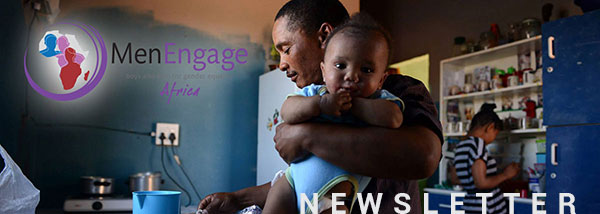 |
|
|
August 2016
|
|
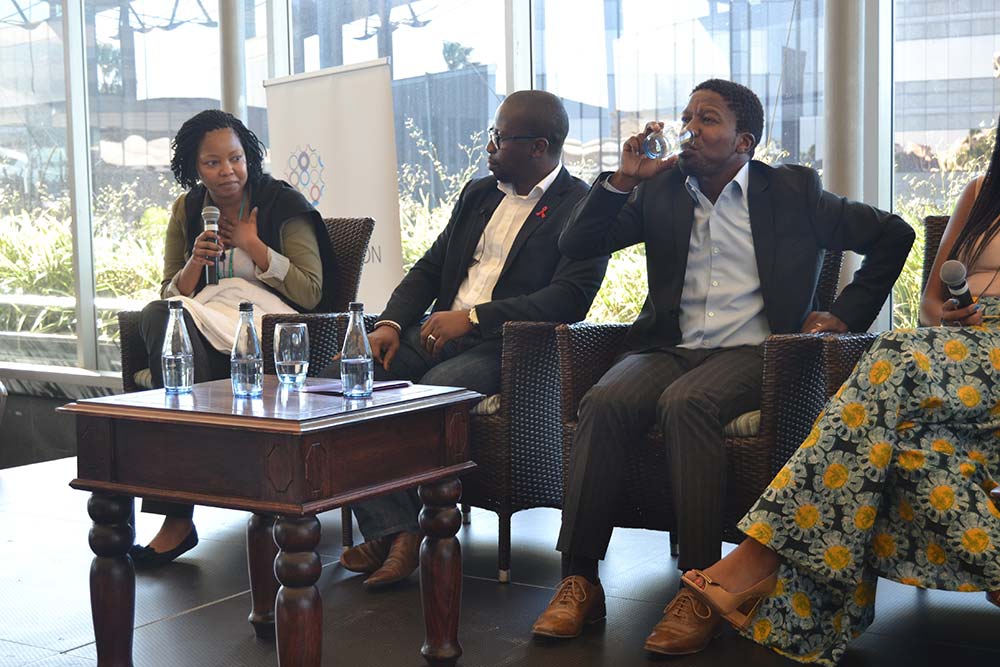 Read this rare and candid conversation between donors and activistsSixteen years ago HIV was real. We were all committed. But now things have changed. This is mostly because funding for AIDS has dwindled. To what extent can civil society organisations make donors listen and recommit to funding the AIDS response? That was the observation made by Itumeleng Komanyane, manager of Sonke Gender Justice’s International Programmes and Networks unit, which co-ordinates the MenEngage Africa alliance work on gender justice across the Africa region. She was speaking during a lunch time panel discussion called “A candid conversation between donors and activists committed to social justice” at the 21st International AIDS Conference in Durban, on Monday, July 18th 2016. The conversation was organised by the Ford Foundation and it aimed to answer the question: “How do power dynamics between international funders and local activists impact our ability to achieve social justice?” |
|
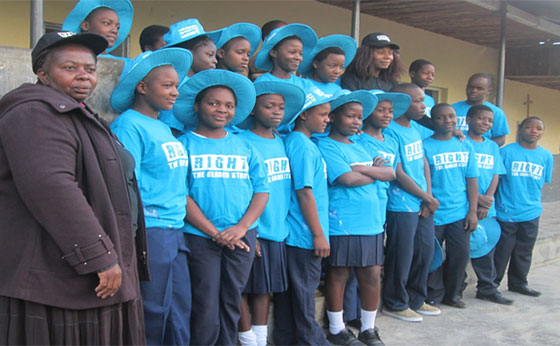 Youth are the key to sustainable change – this is why…A high school in the northern part of Nyanga, Zimbabwe, would not allow its female students to wear trousers. But within three months of the launch of Changing the River’s Flow, a youth-focused gender norms transformation project, this discriminatory policy was overturned – a small but important victory and evidence of the change occurring as a result of the SAfAIDS, Sonke Gender Justice and Embassy of Sweden project being implemented by Sonke’s International Programmes and Networks Unit, which manages the work of the MenEngage Africa alliance on gender justice. During the project’s launch at a side event at the 21st International AIDS Conference, which was held in Durban from 18 – 22 July 2016, MenEngage Africa’s co-chairperson, Bafana Khumalo, stressed the importance of working with youth, particularly in a traditionally patriarchal society such as Zimbabwe, saying, “we need to look at the underpinnings of what drives the thinking of Zimbabwean society. We need to work with young people. Perhaps you may not be able to change traditional leaders and older people on their attitudes on LGBTQI communities – but you can look at those who are still to come.” |
|
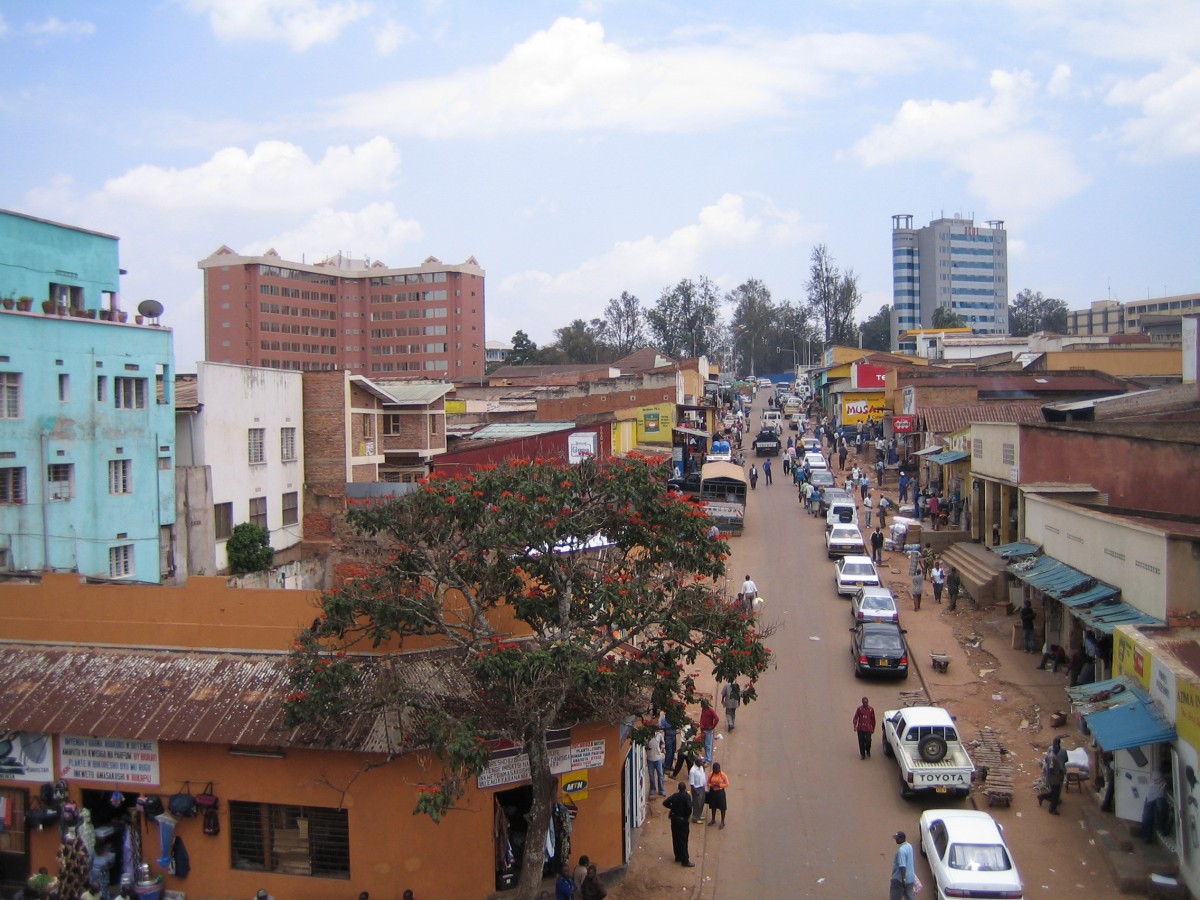 Faith leaders on how to prevent GBV in conflict settingsDuring the recent commemoration of the Rwanda genocide, MenEngage Africa held a workshop on the role of faith-based leaders in conflict and post-conflict settings. We asked some of the participants why it’s important to engage faith leaders in conflict settings. |
|
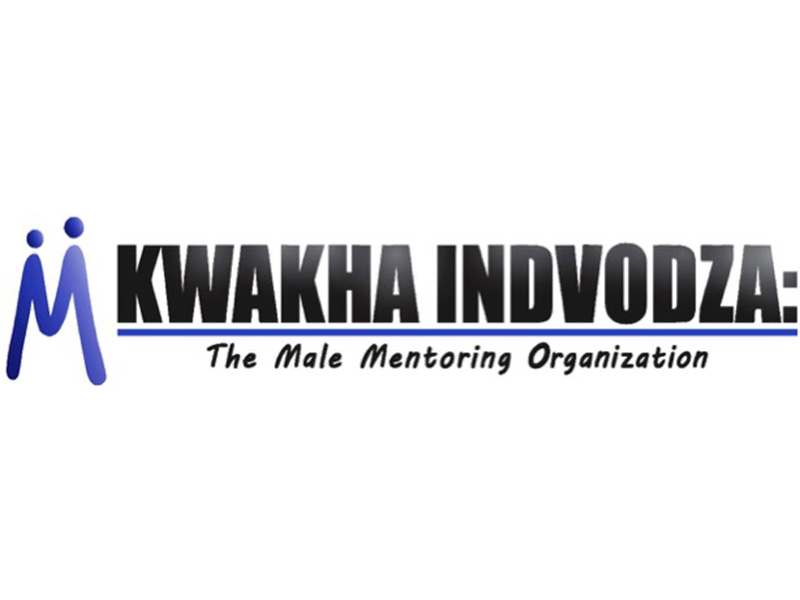 Men and boys: The missing link to ending AIDS by 2030The universal goal to end AIDS by 2030 will amount to nothing but a dream unless men and boys are meaningfully engaged as partners in the global response to AIDS. Historically, efforts to address HIV have largely focused on women and girls, but evidence suggests that men and women need to be equally targeted – as both are at risk of HIV. Yet, the majority of men and boys are oblivious to their risk.
|
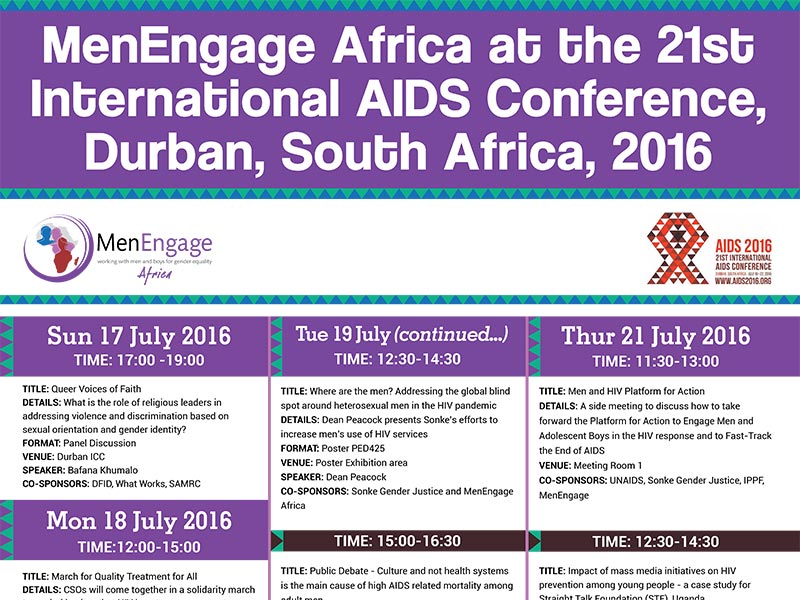 MenEngage Africa at the 21st International AIDS ConferenceIn July, the MenEngage Africa Alliance joined 20 000 AIDS activists, researchers and policy makers from around the African continent and many parts of the world for the 21st International AIDS Conference, which was held in Durban, South Africa. Although much progress has been made since the early days of the HIV and AIDS epidemic, we are cognisant of the challenges that still lie ahead.
|
 Solving gender-based violence in conflict zonesThe MenEngage Africa alliance is lending its voice to the civil strife in Burundi where an estimated 258 000 refugees have fled the political conflict and many who have stayed behind are living in fear and cannot speak freely.
|
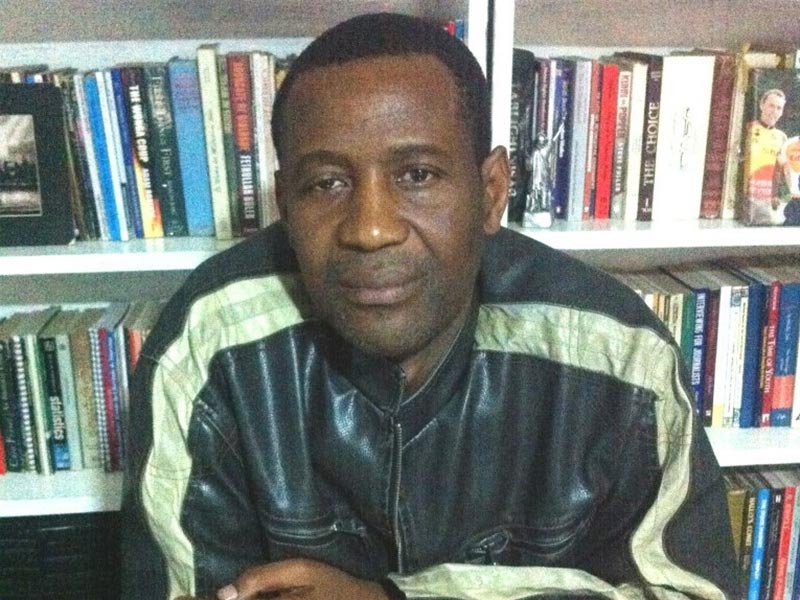 Men who are proud feministsBayano Valy, a proudly avowed feminist and Advocacy, Research and Network Programme Manager for Rede Hopem, a member of the MenEngage Mozambique network, writes about the promise and challenge of getting men involved in care and household work using observational evidence from Rede Hopem’s ‘Men in the Kitchen’ programme, which seeks to challenge power relations by getting men to question hegemonic masculinities using a gender transformative approach.
|
 Be Mobile irresponsibly perpetuates ‘blesser’ phenomenonMen & Boys for Gender Equality, the co-ordinator of MenEngage Botswana, have issued a media statement vehemently condemning the endorsement and use of ‘Blesser’ concept in messages promoting cellular phone network provider, Be Mobile.
|
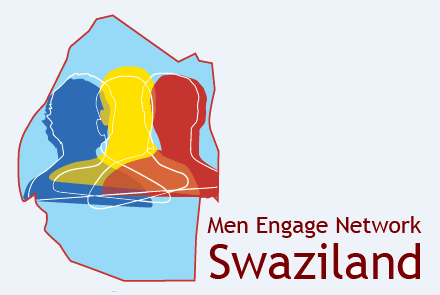 Violence against women and children must stop now!We, the men and women of Swaziland, are not only shocked but saddened by the recent alarming increase in cases of violence against women and children. We stand together with our sisters and mothers, with our wives and partners, with our daughters and granddaughters to condemn the recent barbaric acts of gender-based violence in the country.
|
- 021 423 7088
- info@genderjustice.org.za
- Whistleblower: 0800 333 059

